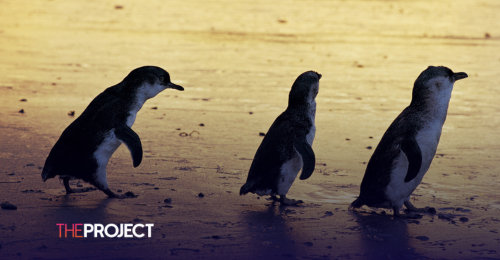Professor Richard Reina, Head of Monash’s Ecophysiology and Conservation Research Group in the School of Biological Sciences, has studied penguins on the island for 20 years and said contrary to popular belief, not all penguins partner for life.
“In good times, they largely stick with their partners, although there’s often a bit of hanky-panky happening on the side,” Professor Reina said.
“However, after a poor reproductive season, they may try to find a new partner for the next season to increase their breeding success.
“Our study looked across 13 breeding seasons, tracking which individuals changed partners or divorced from one season to the next.
“We recorded nearly 250 penguin divorces from about a thousand pairs throughout the study, and we found that years with a lower divorce rate resulted in higher breeding success.”
Researchers believe that the divorce rate in the colony is a more reliable predictor of the reproductive success of the colony than environmental factors like habitat change or behavioural traits.
So, what does this mean for the reproductive success of the 37,000-strong penguin colony of Phillip Island?
Unfortunately, the higher divorce rates will result in lower reproductive success across the colony.





























